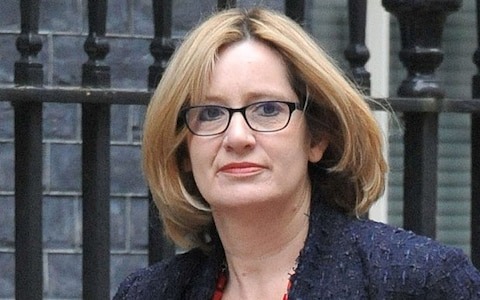LONDON, (Reuters) – Britain will compensate some Caribbean immigrants who have lived legally in Britain for decades and have wrongly been labelled illegal immigrants because of trouble documenting their status, interior minister Amber Rudd said today.
The government will also waive fees associated with becoming a citizen and ensure these long-term British residents do not have to pass Britain’s citizenship test, Rudd told parliament.
Instead, she said individuals would be assigned a case worker who would decide on nationality, and the burden of proof has been shifted so the government would take a more lenient approach.
“The state has let these people down,” Rudd said. “None of this can undo the pain already endured, but I hope it demonstrates the government’s commitment to put these wrongs right going forward.”

Thousands of people from the “Windrush generation” were invited to Britain to plug labour shortfalls between 1948 and 1971, but some of them and their descendants have been caught out by tighter immigration rules.
Some of these migrants have been asked to provide documentary evidence of their life in Britain they had never previously been required to keep, and in some cases denied rights, detained and threatened with deportation.
The crisis has cast Britain in an unsympathetic light and raised awkward questions about how the aggressive pursuit of lower immigration sits alongside the desire to be an outward-looking global economy.
Windrush-era migrants who have already returned to their country of origin, but want to come back as British citizens will be helped to do so, Rudd said.
Rudd emphasised her commitment to tackling illegal immigration but conceded that successive governments bore responsibility for the policies that had an ‘unintended and sometimes devastating’ impact on people.
“These people worked here for decades, in many cases they helped establish the National Health Services, they paid their taxes… they are British in all but legal status, and this should never have been allowed to happen, Rudd said.
Rudd said all interior ministry records dating back to 2002 would be checked to see if anyone had been wrongly deported, but no cases had been identified so far with about half of the documents verified.
The shadow interior minister Diane Abbott welcomed the measures and said the compensation should be more than more than just a “token” amount.
“The home secretary has to understand that ultimately the buck stops with her,” Abbott said. “The home secretary said the situation should never have been allowed to happen. She was the home secretary. She should never have allowed them to happen.”









